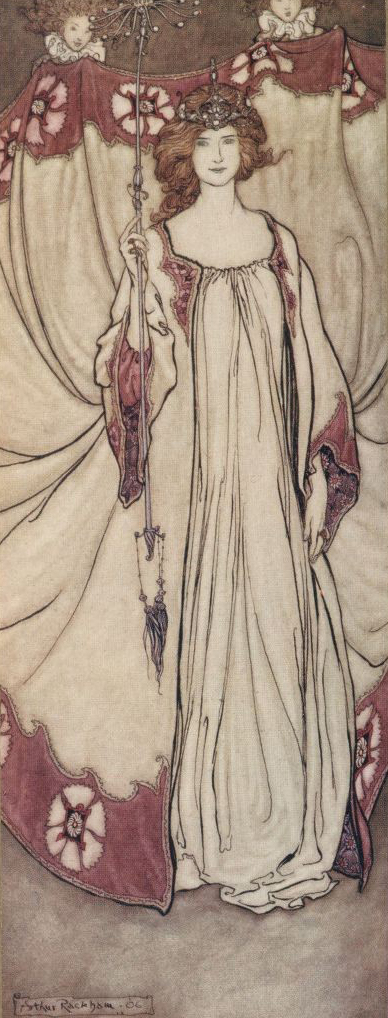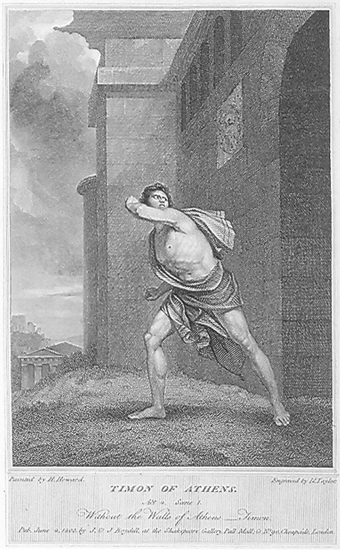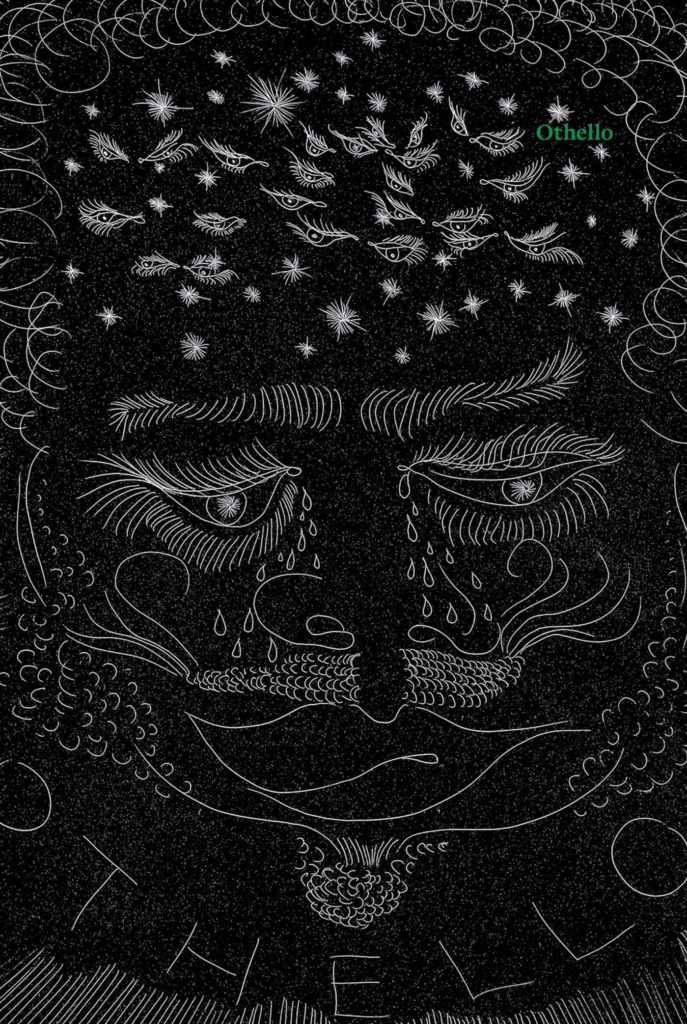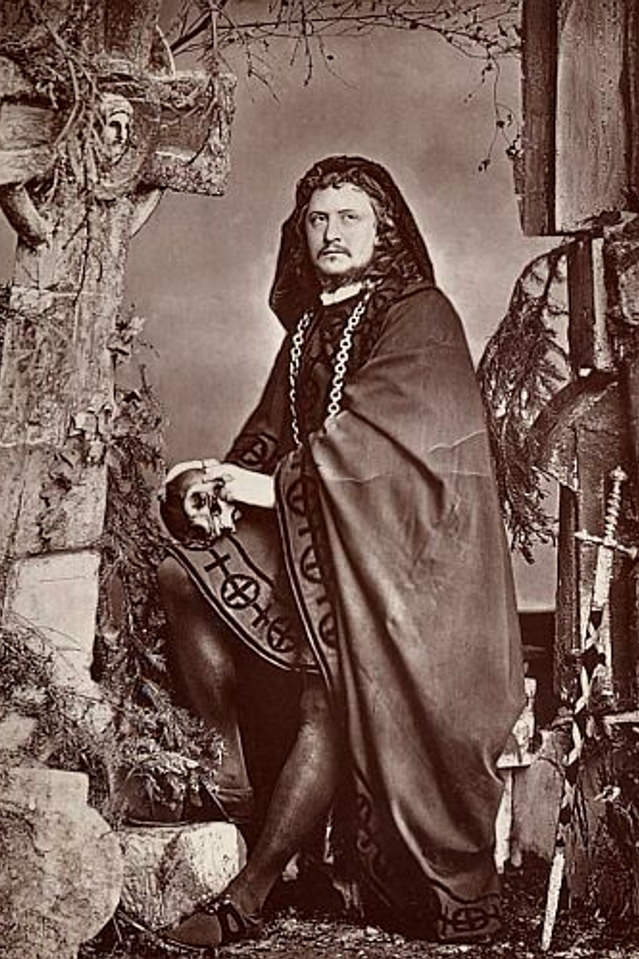For my birthday, I made my family sit and watch the NTL production of Romeo and Juliet that was on tv last week 🙂 (Review to follow at some point.) I’ll just say that before the first scene was over, I was alone in the room.
But! They did eventually come back to watch, because after all it was my birthday, and they do know how much I love this stuff. So much so that they have learned to be patient with my liberal use of the pause button while I explain interesting(?) things to them at random moments.
Which brings us to Queen Mab. I’ll admit freely that I’ve never fully understood Queen Mab’s importance. From the perspective of your typical high school student, it doesn’t advance the plot in any way, it’s just a bunch of illustrative language that they’re going to be told to memorize.

At one point I recalled hearing that Queen Mab is basically a Shakespeare invention (not entirely accurate – more on this in a moment). So I thought, from the perspective of the play, well, that’s kind of cool, and I told the kids as much. “What’s cool,” told them with my finger on the pause button, “is that Queen Mab doesn’t exist before this. Mercutio’s the kind of guy that’s literally making this stuff up on the spot. The man’s freestyling that whole thing.” I may have actually used the term “spitting bars”, because I be hip like that, yo. 🙂
I’m not sure I ever really gave much thought to this context before. I kind of want to make the comparison to the modern concept (not the Neil Gaiman concept) of the Sandman? As if somebody said to you, “Awww, did somebody get a visit from the Sandman last night?” Not for the complexity of the image, but from the point of common knowledge – if you said that, we’d all generally know what you meant. So I always kind of assumed that Romeo and Benvolio know what Mercutio is talking about when he talks of Queen Mab.
But that’s my question for discussion now. Do they? In the universe of the play, would they have learned about Queen Mab presumably from wherever and however Mercutio learned it, so he’s just reciting to them something they’ve heard before? Or is it, as I told my kids, something that’s entirely new to them, a proceeding from Mercutio’s dream-obsessed brain?
I’m led to believe that Queen Mab is based on Celtic folklore’s Queen Maeve, but two things with that. One, other than the name similarity, I see no comparison. There’s nothing in the Celtic version of the story about the “fairy’s midwife”. On the contrary, she’s apparently a warrior. Second, it still doesn’t answer my question. Shakespeare appears to be the one that brought the idea to English literature either way, fine, so there’s that. But it doesn’t answer my question about the context inside the play.
So I’ll ask it again. Was the story of Queen Mab something that Romeo and the others all already knew, or did Mercutio make it up?



